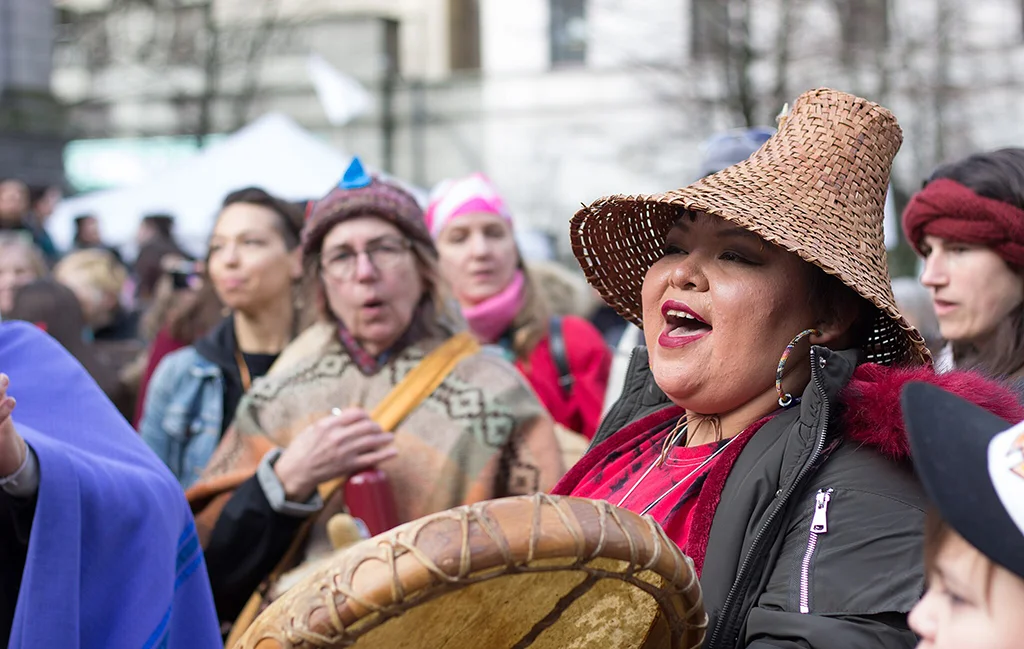In a historic ruling, Canada’s Supreme Court has upheld the constitutionality of British Columbia’s Opioid Damages and Health Care Costs Recovery Act. This decision paves the way for an unprecedented nationwide class-action lawsuit and raises critical questions about justice, accountability, and the limits of provincial authority.
A Pivotal Legal Framework Confronting the Opioid Epidemic
British Columbia has long been the epicentre of Canada’s opioid crisis, grappling with mounting overdose deaths and community devastation. In 2018, the province sought legal recourse against pharmaceutical companies it alleged had fueled the epidemic by misrepresenting the safety and addictiveness of opioids. Central to this legal strategy was the Opioid Damages and Health Care Costs Recovery Act, which established a framework for pursuing recovery of health-related costs incurred by governments across Canada.
At the heart of this framework lies Section 11, a provision allowing British Columbia to act as a representative plaintiff on behalf of all Canadian federal, provincial, and territorial governments—unless those governments choose to opt-out. Pharmaceutical companies argued that this provision overstepped the boundaries of provincial jurisdiction, infringing on the sovereignty of other provinces and violating constitutional principles.
The Supreme Court’s decision, however, dismissed these challenges. By affirming the law’s procedural nature and alignment with British Columbia’s authority over the administration of justice, the court effectively validated the province’s ability to unify governments in a national class action. In doing so, the ruling reflects a broader push for interprovincial cooperation in tackling crises that transcend borders, such as the opioid epidemic.
The Ruling’s Legal and Social Implications
The court’s decision has been hailed as a triumph for public health advocacy, marking a rare moment of alignment between legal frameworks and social responsibility. By enabling a multi-government class action, the ruling consolidates resources and amplifies the collective voice of governments seeking accountability from the pharmaceutical industry.
For many, this decision is a long-overdue step toward justice. The opioid epidemic has claimed over 37,000 lives in Canada since 2016, with British Columbia bearing a disproportionate share of this burden. The lawsuit aims to hold companies accountable for deceptive marketing practices that allegedly downplayed the risks of addiction and misuse. For grieving families and struggling communities, the promise of legal accountability offers a glimmer of hope.
Yet, the ruling is not without controversy. Critics argue that allowing one province to spearhead such a sweeping legal initiative risks undermining the autonomy of others. While governments can opt out of the proceedings, some contend that the default inclusion model could pressure jurisdictions into participating against their better judgment. Justice Côté’s dissenting opinion highlights these concerns, warning of potential encroachments on provincial sovereignty and litigation autonomy.
A National Reckoning for Pharmaceutical Accountability
The stakes of this class action are monumental. Beyond the financial implications—potential damages could run into billions—the case signals a broader shift in how Canada approaches corporate accountability. If successful, the lawsuit could set a precedent for holding industries accountable for widespread social harm, from public health crises to environmental degradation.
Pharmaceutical companies, for their part, have fiercely opposed the litigation, characterizing it as overly broad and lacking substantive legal grounding. They argue that Section 11 imposes undue burdens on them by aggregating claims across jurisdictions with varying legal standards. However, public sentiment appears to favour the governments’ cause, reflecting a growing demand for corporate responsibility in the wake of the opioid crisis.
The case also shines a spotlight on the critical role of evidence in public health litigation. The Act’s provisions streamline the use of statistical data to establish causation and quantify damages, a mechanism modeled on previous tobacco litigation frameworks. This approach underscores the importance of leveraging science and data to substantiate claims, ensuring the lawsuit is grounded in empirical evidence rather than emotional appeals.
What Lies Ahead for British Columbia and Canada?
As British Columbia prepares to lead this groundbreaking legal initiative, the path forward is fraught with challenges. The pharmaceutical industry will likely employ every legal avenue to delay or derail the proceedings, potentially prolonging the process for years. Meanwhile, the opioid crisis continues to wreak havoc on communities, underscoring the urgent need for comprehensive solutions that extend beyond litigation.
The ruling raises broader questions about intergovernmental collaboration for the provinces and territories involved. Can Canada’s federal structure accommodate the complexities of a unified legal front? And what safeguards are needed to ensure that such collaborations respect the autonomy of individual jurisdictions?
The ruling also has implications for future national crises. From climate change litigation to consumer protection, the precedent set by this case could influence how Canada navigates collective legal actions in an increasingly interconnected world. As governments and industries brace for what promises to be a landmark legal battle, the outcome of this case will undoubtedly shape the future of public health accountability in Canada.
A Moment of Reflection Amidst a National Crisis
While the court’s decision represents a significant victory for British Columbia, it also serves as a sobering reminder of the human toll of the opioid epidemic. Behind the legal proceedings are the countless lives lost, families shattered, and communities forever changed by addiction and its consequences.
This investigation, informed by the court’s judgment and its broader implications, underscores the critical importance of aligning legal strategies with public health priorities. British Columbia’s leadership in this class action reflects a quest for financial redress and a moral imperative to address the systemic failures that escalated the crisis.
As the court’s decision sets the stage for a historic legal battle, it also forces a broader reckoning with how Canada addresses the structural drivers of public health crises. Beyond the courtroom, this moment demands introspection from all corners of society—governments tasked with prevention, corporations grappling with accountability, and communities seeking pathways to recovery. The opioid epidemic is not just a failure of policy or oversight; it is a reflection of deeper inequities in health care, education, and social systems. The success of this lawsuit may offer financial redress, but its true impact will be measured by how Canada chooses to reshape its approach to public health in the face of such an urgent and far-reaching crisis.
Lance has lived in the Downtown Eastside for years, staying closely connected to the neighbourhood and the people who call it home. He writes about the issues that matter—from housing and policy shifts to the everyday stories that shape the community—because DTES isn’t just where he lives, it’s a place he cares deeply about.







Leave a Comment